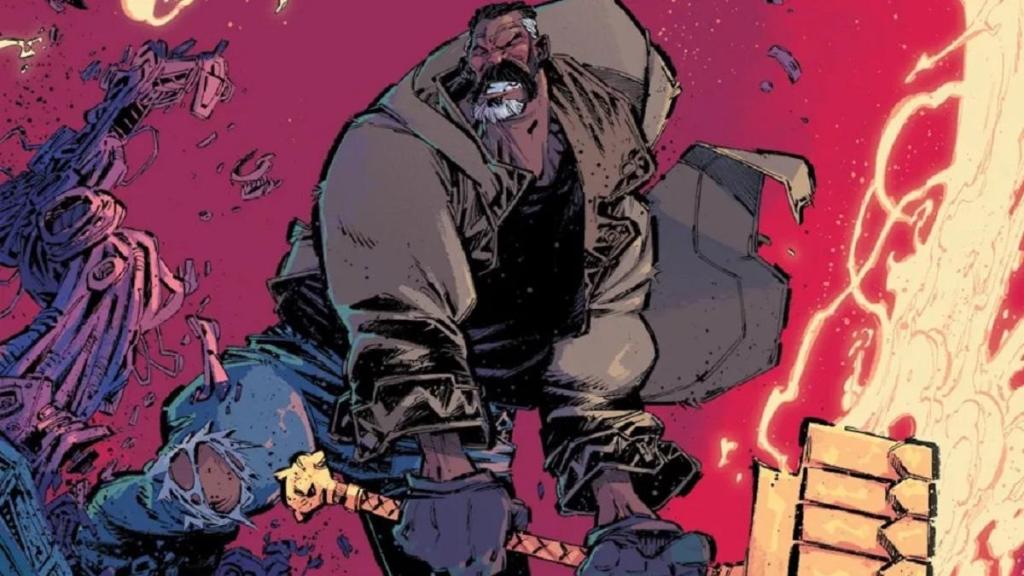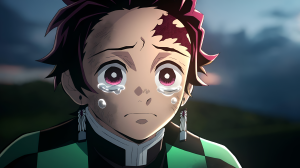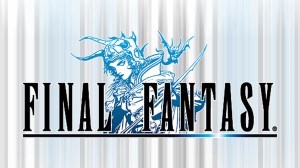Mosley is the latest from writer Rob Guillory, best known for his work on successful series like Chew and Farmhand, with artist Sam Lofti, who has worked on superhero stories for DC Comics in Doctor Fate and Harley Quinn. With the story, as Guillory puts it, coming from his dislike of the rapid advancement of technology in our modern society, the Boom Studios comic has its fair share of ups and downs as it might have tried to do too much, too fast in its debut outing.
Videos by ComicBook.com
Where Mosley begins is perhaps the issue at its most interesting, exploring a blue-collar man being asked to take part in an experiment seeking to change the future of artificial intelligence. Sacrificing a year of his life to help mold a robot who has countless questions about the nature of man and the world at large, this scene eventually leads into a story in the future that sees mankind and robots living in tandem and working to create a world where humanity might have finally found paradise. Of course, what is a dystopian technologically advanced future without dystopia? Mosley injects the idea that not all is completely well in this new paradise in its latter half.

As mentioned earlier, my favorite part of the issue was one that unfortunately wasn’t explored nearly as much as it could have been, but this might be due to trying to get to the “meat” of the series in its opening salvo, Mosley himself in the future, struggling with his place in a world that has long forgotten about those who don’t get with the technological program. The idea of a regular blue-collar worker attempting to walk an artificial intelligence through the meaning of life and what it means to be human is an interesting hook, but it’s one that is glossed over for story beats that aren’t nearly as compelling. There’s a lot that could be done with Marvin’s character that isn’t which feels like a missed opportunity.
The conversations between Mosley and the A.I. are left on the back burner, and while they might return in later issues, the series decides to focus on the current janitor in the future, living in a world that he helped create as he experiences a massive rift between himself and his daughter, who is one of the architects of this new frontier. Luckily, the dialogue between the father and daughter works well here, with both Guillory and Lofti conveying the disagreements that two loved ones can have with one another while still holding admiration at the same time. Of course, things don’t exactly wind up as Mosley plans and he finds himself potentially destroying the one thing that seems to connect his old life to his new one.
The big flashy moments take place at the end of the story however as Mosley encounters the “new gods” that humanity has erected, and becomes what can only be described as some sort of “Techno-Thor” and or “John Henry Irons for the Next Generation.” I would be remiss if I also didn’t mention that Marvin is granted these newfound powers following being robbed by a technologically advanced baby and its robotic cronies. There are some interesting ideas to be found in Mosley, but the introductory issue perhaps simply tries to cram in too much too fast when I think that an approach that would have focused more on Marvin’s earlier years might have better conveyed how he helped to create the strange future in which he now resides. If the entire issue were dedicated to Mosley’s conversations in the past before giving us a brief glimpse of the future at the very end, that might have hit a little harder.
Mosley feels like a comic book that’s hard to review based solely on its first issue, but since that’s the task at hand, it definitely has its pros and cons. Guillory does have a firm handle on who he wants Mosley to be and Lofti has a firm grasp on the many, many moving pieces that are found in this technological landscape. Ultimately, this feels like a story that can forge its legs over time, and it feels worthy of sticking with it for now, but the flaws are there and it feels as though the hook could have reeled readers in a tad bit more.
Published by BOOM! Studios
On January 4, 2023
Written by Rob Guillory
Art by Sam Lofti
Colors by Jean-Francois Beaulieu
Letters by Andrew Thomas
Cover by Sam Lofti








